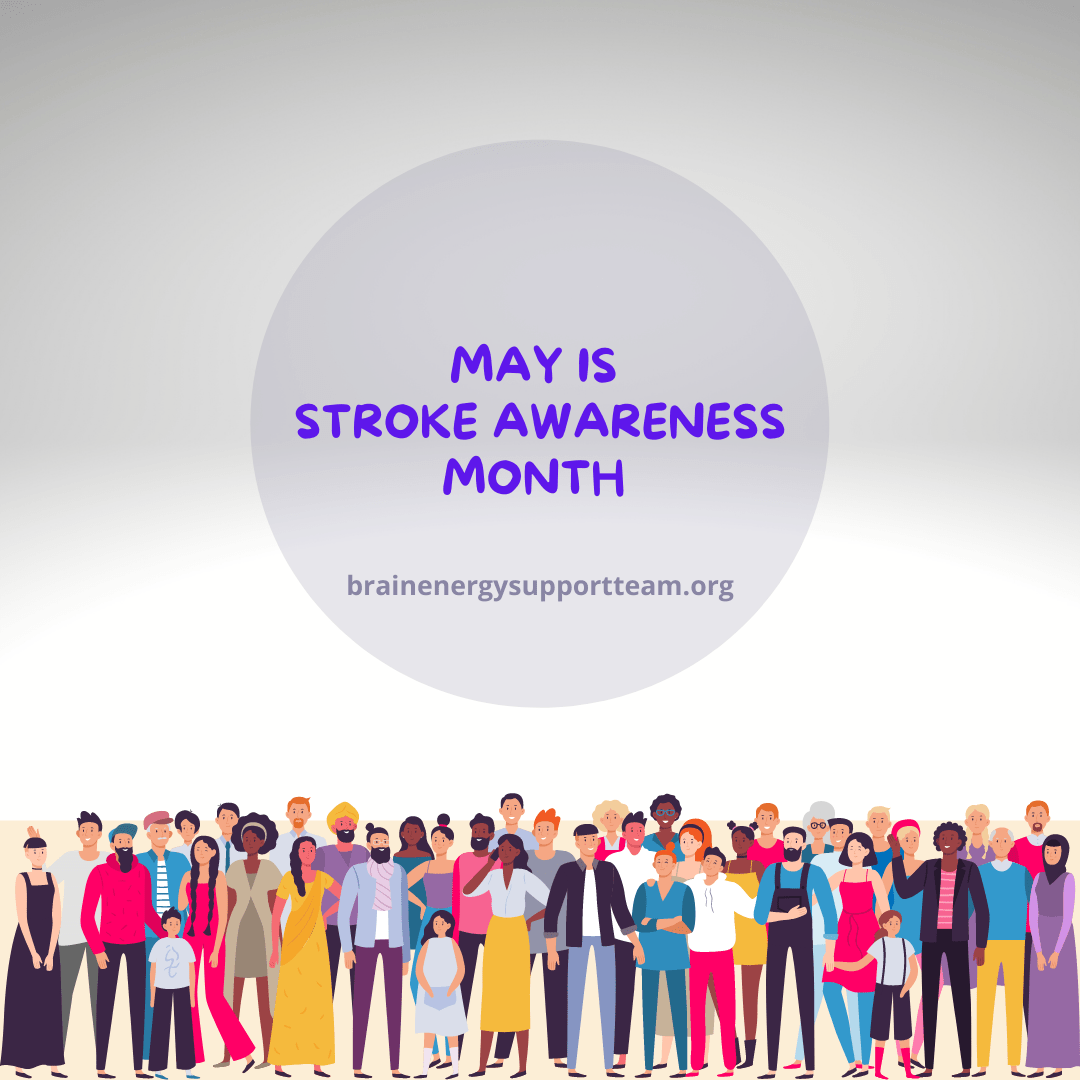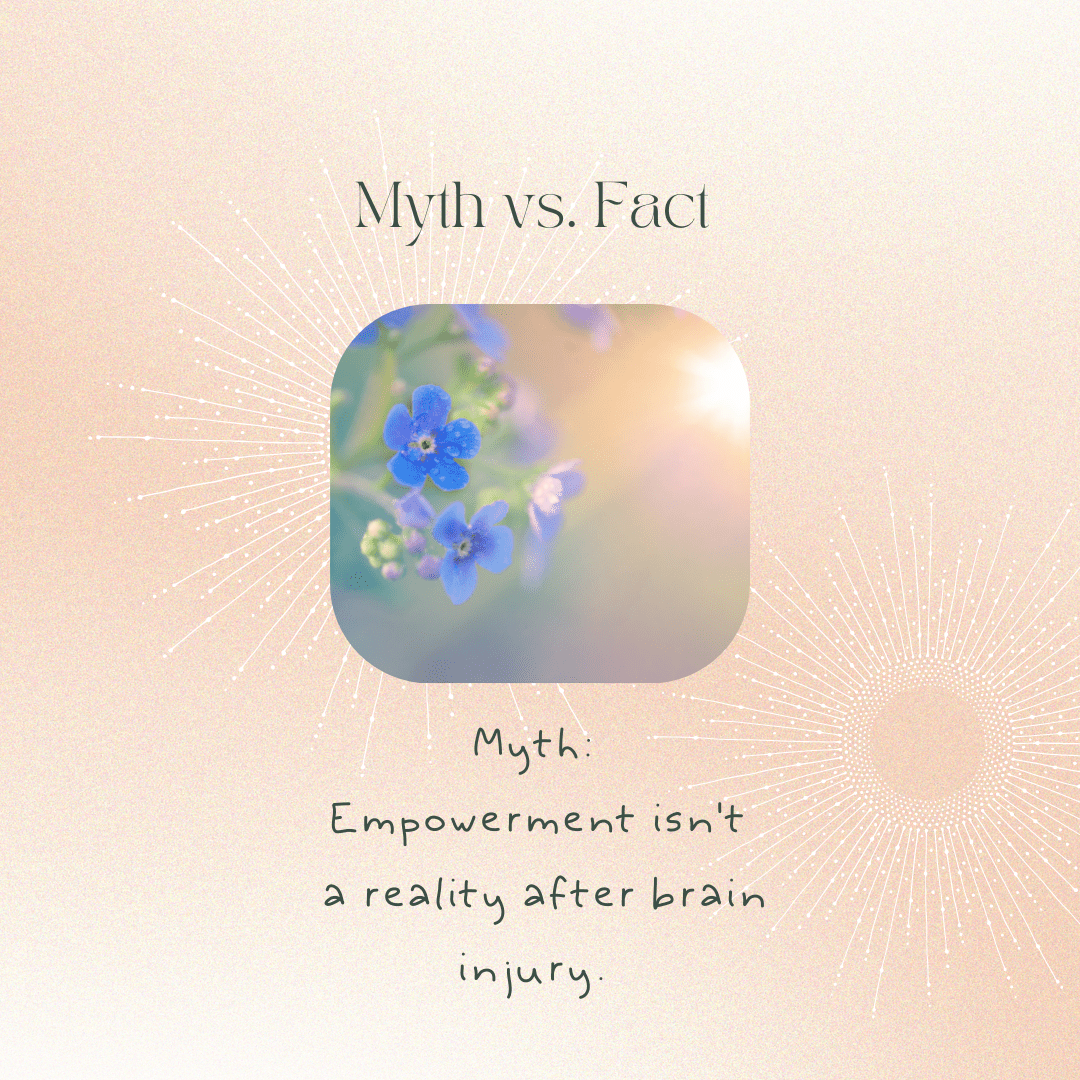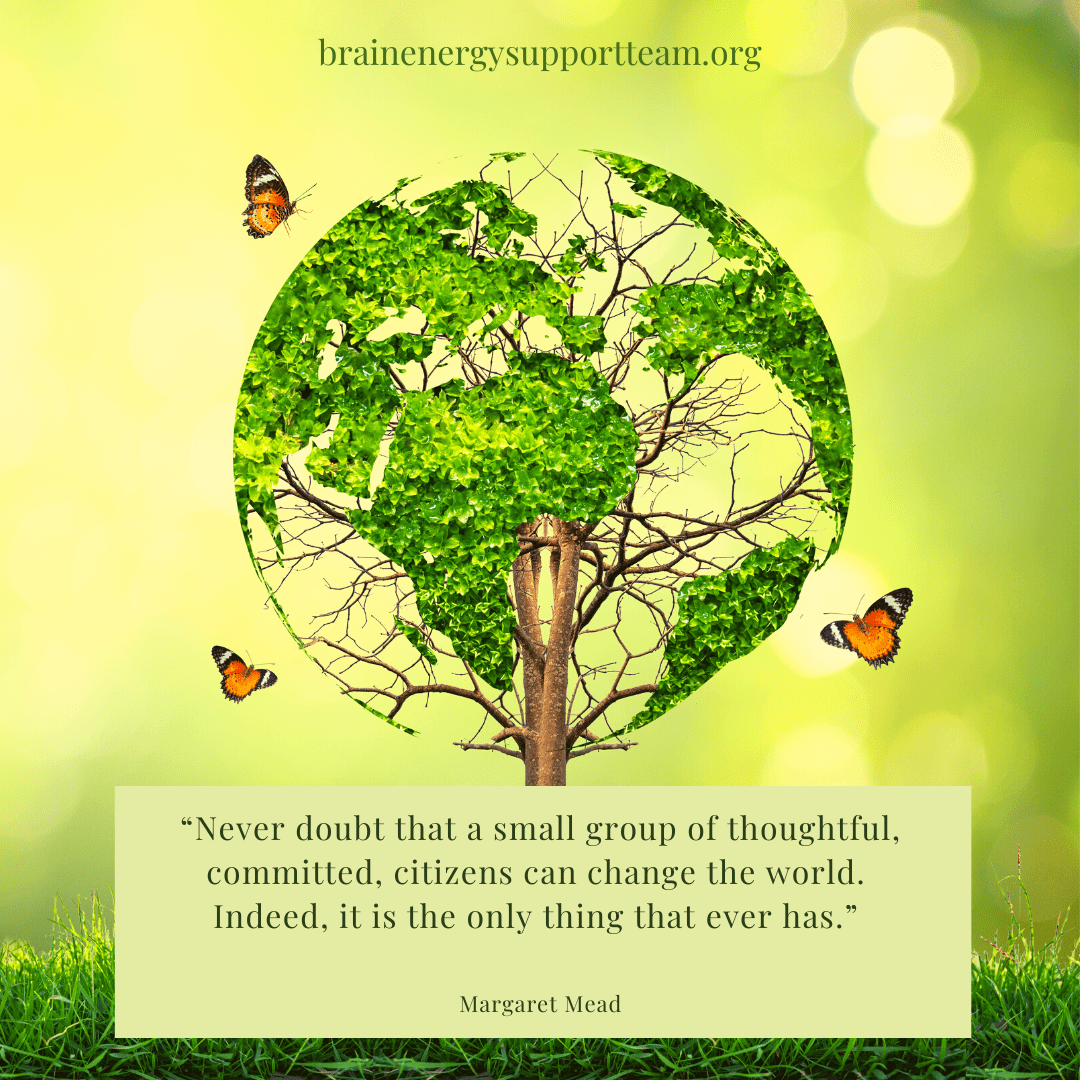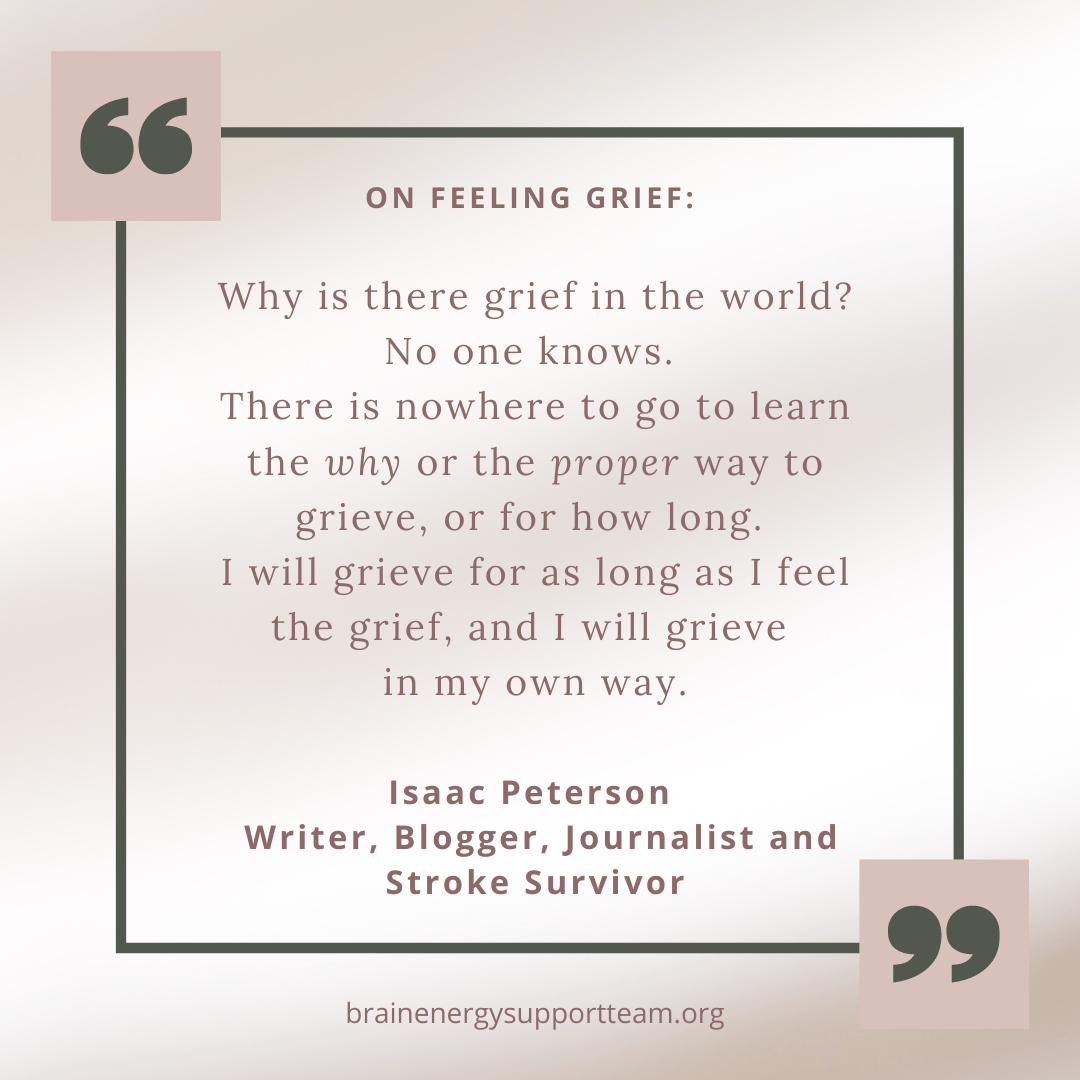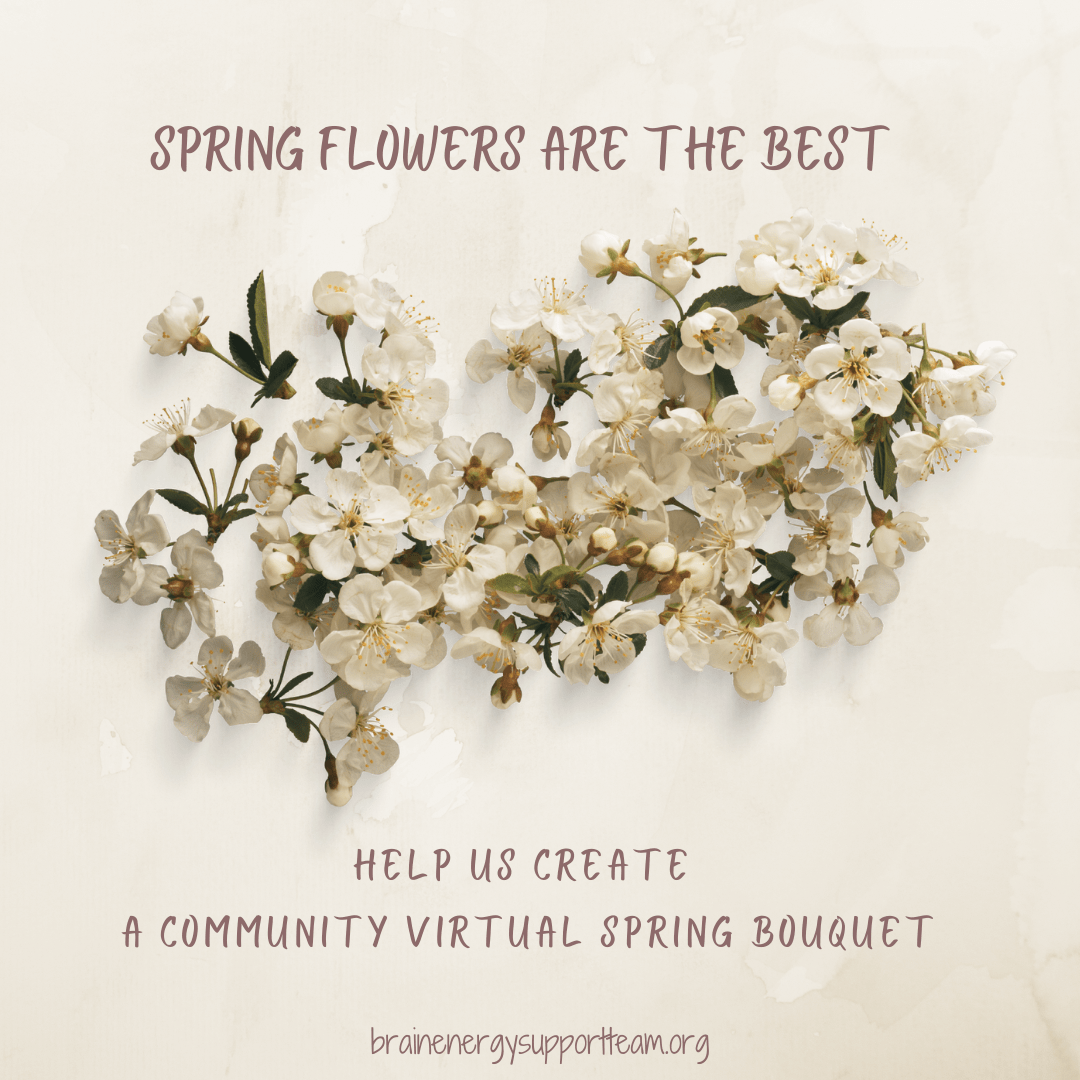(Editor’s note: What’s the definition of community? Writer and stroke survivor, Isaac Peterson, has an excellent, must-read definition of our community in his latest article. KT)
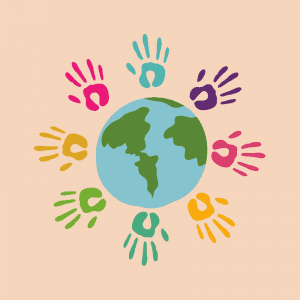 Since I got a traumatic brain injury (TBI) of my very own, I’ve seen many references to the TBI community, but I’ve never really seen that community described or defined.
Since I got a traumatic brain injury (TBI) of my very own, I’ve seen many references to the TBI community, but I’ve never really seen that community described or defined.
So, what is the TBI community? I know what community means but the idea of the word doesn’t really sum up the group of people of which I am now a part. The online dictionaries I’ve looked at have quite a few definitions, some of which apply to the TBI community, and others not so much.
It can get quite involved, so I guess I’ll just lay out here my ideas about what the TBI community is about. But one thing is for sure: the TBI community has too many qualities to be summarized by a dictionary definition.
The TBI community isn’t a place or a geographic location. We are everywhere. We live in every country in the world, in every region where there are people. We are from all walks of life, from every religion, faith, race, ethnicity, economic status. We are men and women, boys and girls. We are husbands, wives, mothers, fathers, sons, daughters, brothers, sisters, aunts, uncles, and friends; you name it.
We have no centralized authority, like in a government or a corporation. We are pretty much leaderless; we have spokespeople and advocates, one of which I am proud and privileged to be. There is no head of the TBI community or organization issuing marching orders and there is no hierarchy. Everyone with a TBI is an equal part of the community. Each of us can be leaders in our own way, depending on our own individual desires and capabilities, and we are all leaders and spokespeople at different times. We have many groups and subgroups, which are unfunded or underfunded.
But we exist and persist, because the alternative is unacceptable. We can reach out and provide comfort and strength, and in return be comforted and strengthened. We are largely in loose, informal networks, that, with the aid of the internet, allows our community to be international in scope.
The community includes people without traumatic brain injuries, too: caregivers, family members, friends. Anyone who helps a TBI survivor cope is part of the community.
There are meetings, large and small, formal and informal. There are local support groups and large gatherings, like the recent two-day Washington State conference which I attended. And there are a surprising number of agencies and organizations reaching out and touching the lives of people living with traumatic brain injury.
There are no membership rolls or dues. No one chooses to be part of the TBI community; we were brought together by an accident of fate.
We are not seeking power. But we are seeking understanding, acceptance, autonomy and independence on our own individual terms. We help each other gain and maintain our dignity in a world that largely does not and cannot understand. There are no dogmas or manifestos; our only agenda is to live full, normal lives and fully realize our true potential.
We are joined together in a common cause and bound together by faith, united by hope for the future.
My personal experience in the community is that it’s very warm and welcoming. It’s been a group that encourages members to share their thoughts, hopes, fears, their challenges and triumphs, all without fear of being laughed at or marginalized. The sense of kinship and unconditional acceptance has been strong, and the feeling of strength and empowerment has been a lifesaver for me.
Here is a place where I feel confident baring my soul to like-minded people, all with a common purpose and shared hopes and dreams.
It has been a source of inspiration and support. The TBI community has helped me feel much less alone in the world and confident of my place in it.
I know I am not the only one who feels that way.
We are many and we are everywhere.
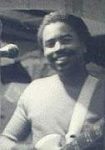
Isaac Peterson grew up on an Air Force base near Cheyenne, Wyoming. After graduating from the University of Wyoming, he embarked on a career as an award-winning investigative journalist and as a semi-professional musician in the Twin Cities, the place he called home on and off for 35 years. He also doesn’t mind it at all if someone offers to pick up his restaurant tab. Peterson also welcomes reader comments. Email him at isaac3rd@gmail.com.

